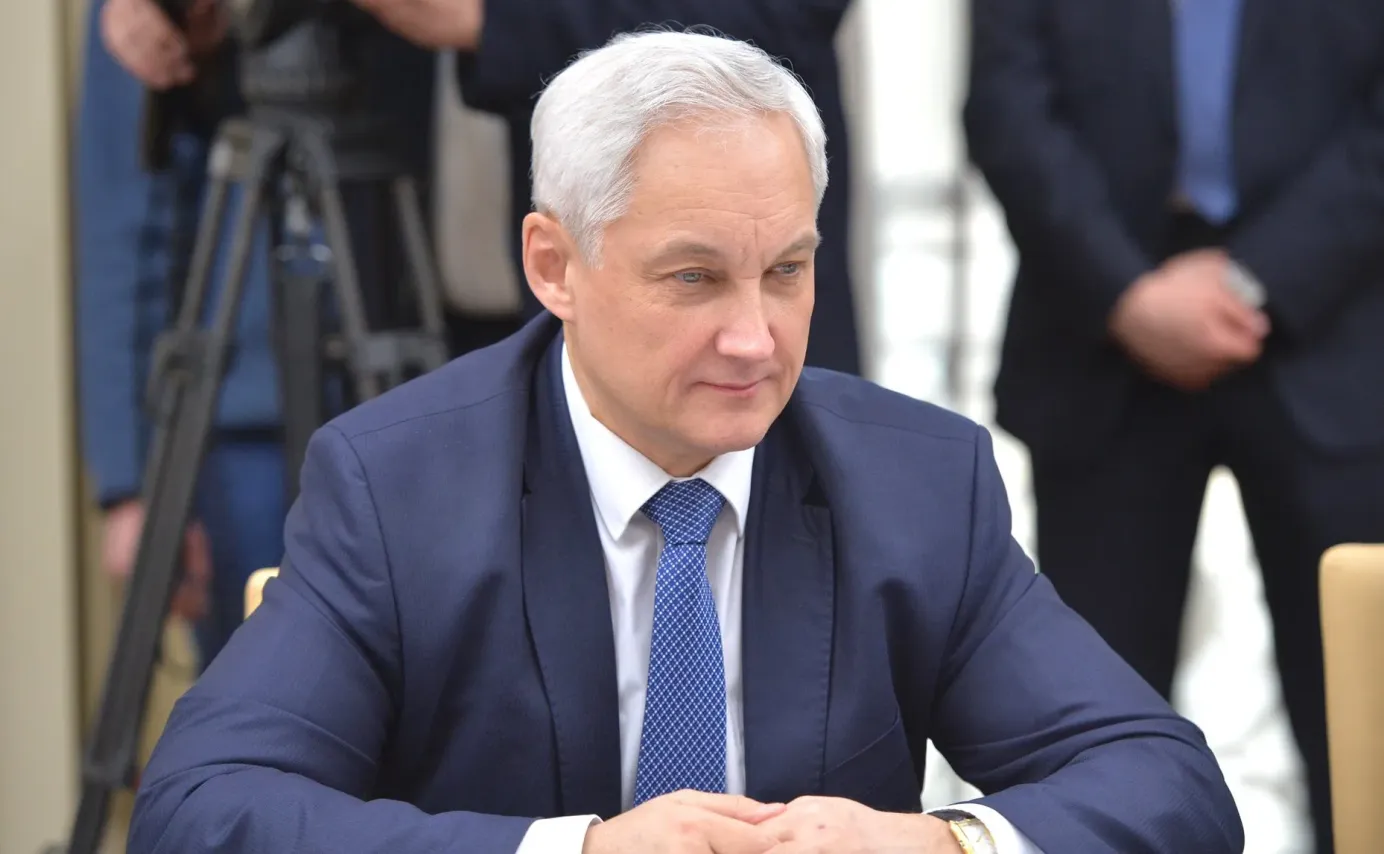
TV ads and social networks urge Russian men to enlist
The Russian authorities have launched a new recruitment campaign for contract soldiers in recent weeks. According to media sources, the Defense Ministry wants to call up 400,000 fighting men. It’s an ambitious plan. Before the war, Russia’s entire army totaled 400,000 troops. The new recruitment drive has included a major ad campaign targeting men with low-paid jobs, promising them huge salaries.
Where does the 400,000 figure come from?
The first mention of the 400,000 figure appeared in an article by online regional news outlet Ura.ru. The article said that a new army recruitment drive would be accompanied by a “large-scale information campaign,” apparently managed by former President Dmitry Medvedev. Today, Medvedev is one of the leading “hawks” in Russia and a vocal supporter of the war.
At the time, the Ura.ru article went almost unnoticed. But in late March a similar article was published by Bloomberg, which noted that the recruitment of contract soldiers “enabled the Kremlin to avoid a new wave of call-ups for reservists as it prepares for presidential elections in 2024.” Bloomberg’s sources said that there were fears in the Kremlin that Putin might not secure his traditional landslide electoral victory were Moscow to launch a full-scale mobilization.
However, this is a highly contentious claim. We now know that far-reaching laws on electronic call-ups for military service were being prepared behind the scenes. These laws will significantly curtail the rights of those who do not enlist in the army.
But other details in these articles are steadily coming true. For example, orders to the regional authorities. In late March, a source at Moscow City Hall told independent news outlet Sota that the city had been instructed to recruit some 27,000 contract soldiers. Within ten days, Moscow authorities launched (and actively promoted) an online portal where people can sign up to join the army. It also opened a large in-person recruitment office.
Reports that Medvedev was involved in these undertakings proved to be well-founded, as the former president held a meeting focused on recruitment last week. And finally, an array of data confirms that authorities are using a large-scale ad campaign to encourage Russian men to sign up for contract service.
Promoting the Russian army
Since mid-March, we’ve seen a surge in online posts containing the phrase “contract service” on the Russian-language segment of Telegram. The Bell examined the numbers using the TGStat analytical service. In late 2022 and early 2023, there were about 7,500 posts a month related to contract service. In March, those numbers nearly doubled to 13,400 posts per month. And in the first two weeks of April alone, we saw nearly 14,000 such posts.
Russian social network VKontakte recorded a similar uptick. Novaya Gazeta Europe found some 75,000 ads on the website since the war started, 70% of which appeared in just the last two months. It appears that the campaign is being led by Russian regional authorities – army contracts are promoted on the accounts of governors, city officials, local media, schools and institutions that provide municipal and state services.
Television stations are also urging Russian men to join the army. Last week, TV and social media channels started running a high-profile commercial featuring a security guard, a taxi driver and a fitness trainer. The on-screen text encourages men to quit these kinds of low-paid, low-status jobs to join the army, which promises a monthly salary starting from 204,000 rubles ($2,500).
The Bell discovered that the ad was developed by a government PR service that previously worked on Covid-related public service campaigns. Meanwhile, the website that promotes contract service was developed by a non-profit organization called National Priorities, which is headed by Sofiya Malyavina, a long-time PR aide of Deputy Prime Minister Tatiana Golikova.
Why the world should care
Bloomberg's sources and the advertising campaign may be comforting to the middle classes, as they suggest a full-scale mobilization is unlikely However, we should not forget that the army's recruitment plan may change in the future, especially in response to a successful Ukrainian counteroffensive.



